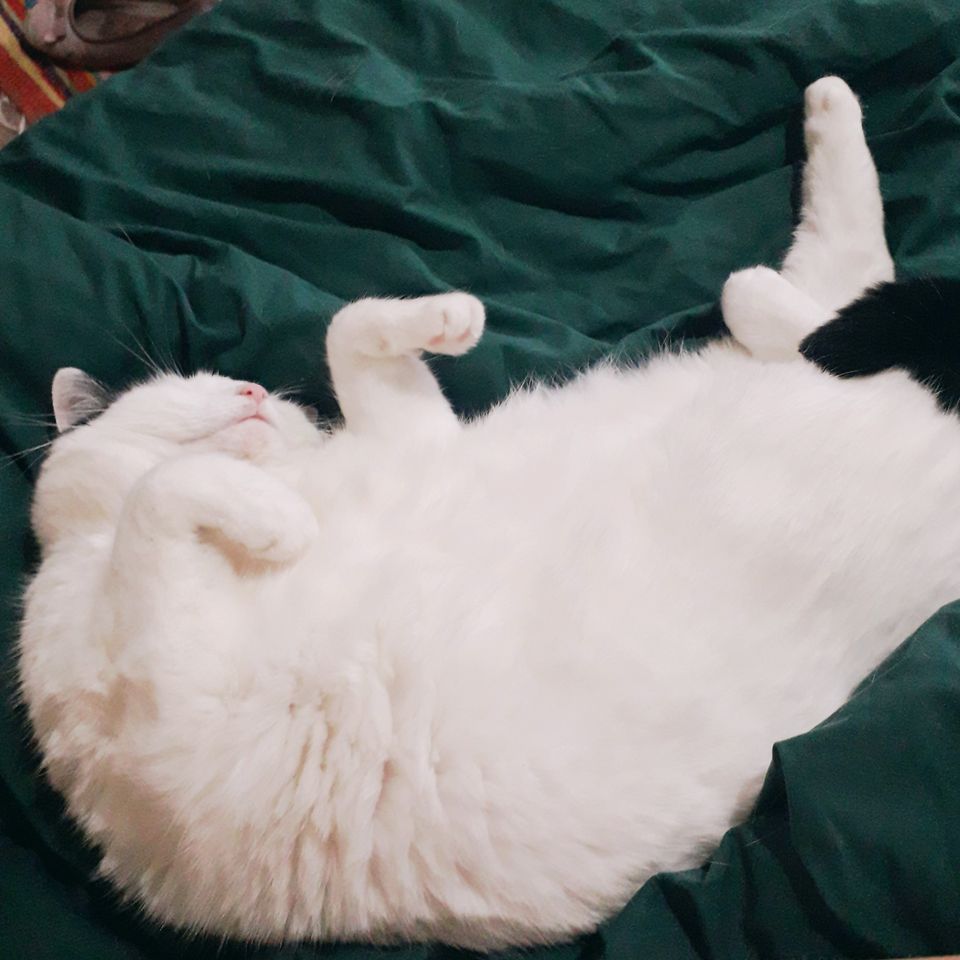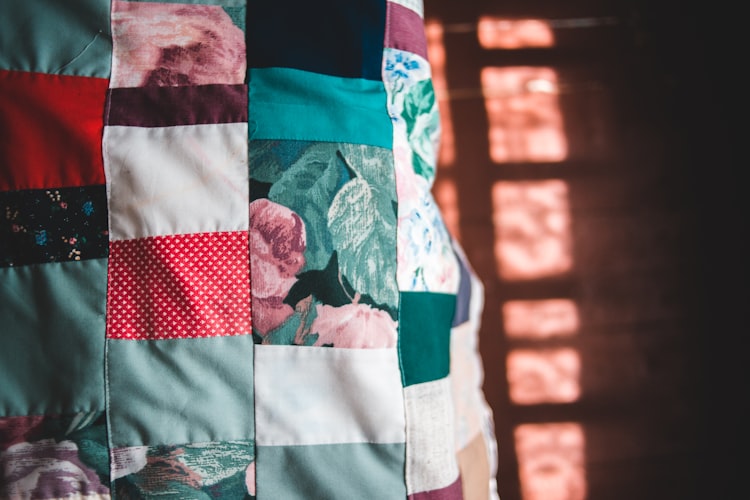Caring for creativity

Recently I finished Medicine and the Arts, an online course offered free by the University of Cape Town via FutureLearn. As this blog is also kind of a learning journal this is the second of a couple of posts reflecting on bits of the course which interested me.
In the 'Reproduction and innovation' module, speakers discussed the idea of a creative process.
Electrical engineer Alireza Baghai-Wadji talked about his personal process for creativity and innovation. He identified four key conditions which help him generate new ideas and solutions:
- Working on a problem regularly over an extended period of time. Putting in a certain amount of dedicated thought every day, over a sustained period.
- "Feeding" the subconscious with reading, listening, absorbing different materials and perspectives.
- Giving an idea "incubation" time, which he finds leads to "spikes" of creativity.
- Practicing conscious observation of his thoughts, cultivating an awareness and receptivity to these creative moments.
Feeding your mind
I find some echoes between these and Corita Kent's rules for making art, especially the emphasis on regular work, and the idea of feeding your subconscious with books, movies, images, life. Which reminds me in turn of Julia Cameron's description of "filling the well" from which we draw our ideas and images.
Like many people during the various pandemic lockdowns I started to feel like I was running on empty, creatively. I had plenty of ideas, and fortunately I was able to sit down and write, but I found that when I went looking for images and descriptions I was struggling. Despite all the books and films and music I was consuming, there was something missing. I think being out in the world and around people is a major part of how I fill my well of images, sounds, sensations.
It was part of a larger struggle (again, shared with many of us, maybe all of us) with feeling disconnected, and even disembodied, interacting with people only through Zoom. Those feelings reminded me of the numbness I'd experienced 'living in my head' for many years before the somatic aspect of my trauma recovery work began to shift things.
Embracing rest
Something else from Baghai-Wadji's process which feels familiar to me is the need for 'incubation time' for ideas. I tend to think of as letting ideas percolate, like coffee.
Often I'll get an idea for a story and make a note, then leave it for a while. Then maybe do a little research, a little exploration. Leave it again. Then write an outline, that's when I'm ready to start. Once I've finished a draft I also try and leave it for a couple of weeks if I can.
To support this I try to have a loose 'pipeline' of a few stories at different stages so that I can switch between thinking, drafting, sharing for feedback, and editing. And just... doing nothing!
I'm quite new to rest. I used to try and stay busy all the time, and many of my hobbies and 'restful' activities - crafting, cooking, blogging - were also forms of work. Enjoyable work, but work all the same. Getting real about my need for rest (and play, which I'll talk about another day) as well as work has made a massive difference to my stress levels, and help me get out of a destructive cycle of burnout. I realised that I need to rest in order to work; rest is part of hard work.
I've also learned to love rest for its own sake. Although it took a while to discover what I was running from by constantly keeping busy (the short version is: feelings), and to let go of the capitalist mindset that my worth was tied to my productivity. It's something I think I'll need to keep learning.
Mostly though, I love a nap. I wonder how I got by never letting myself just sit down with a cup of tea and breathe for a while. Luckily I have an excellent role model for rest: our cat Ditto is a champion.
Sometimes I feel like my creativity is another creature in my care. It needs food, it needs stimulation and play, and it needs rest. And even if it sleeps for 20 hours a day, the time we spend together is precious.





Member discussion